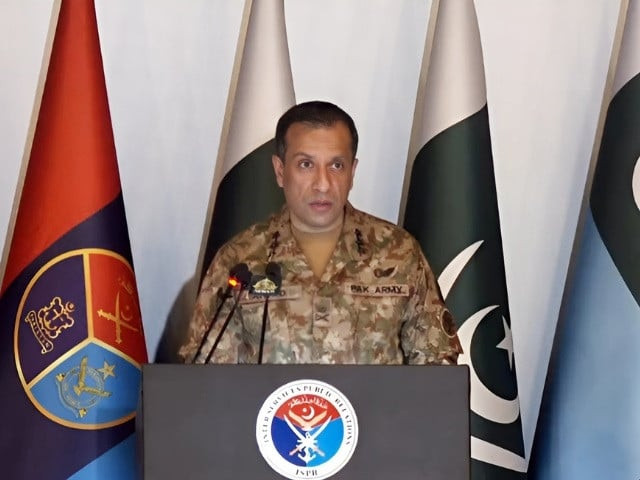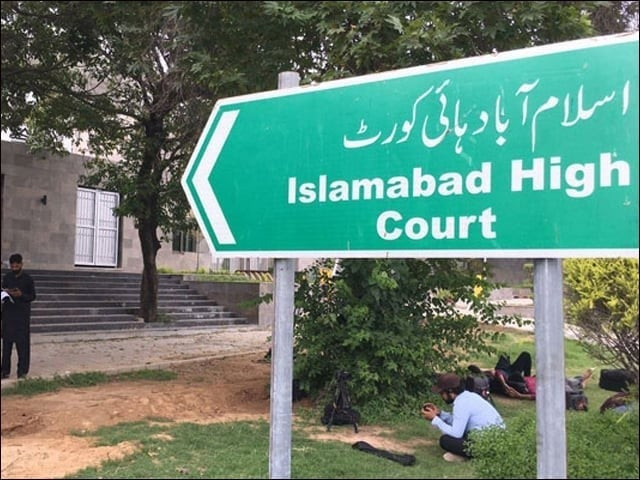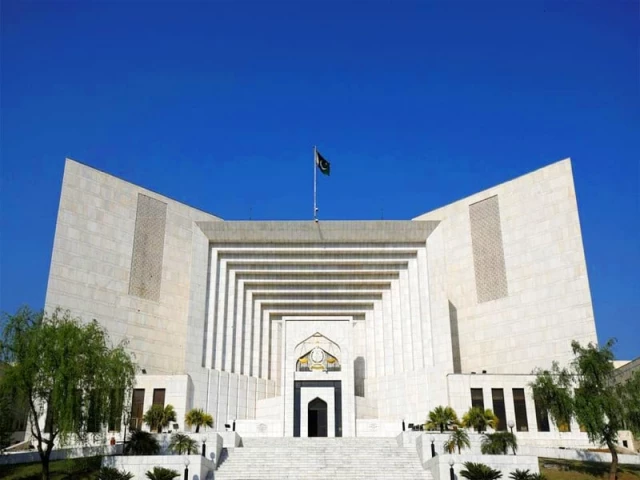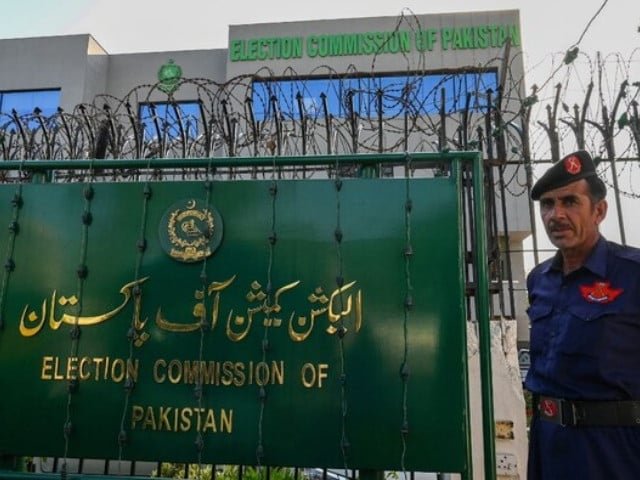Understanding the Claims of State-Sponsored Terrorism in South Asia
In recent discussions around regional politics, a significant assertion has emerged from Pakistan’s military leadership. Lieutenant General Ahmed Sharif Chaudhry, the Director-General of the Inter-Services Public Relations (ISPR), has alleged that India is employing state-sponsored terrorism as part of its strategic policy against Pakistan, particularly targeting Balochistan. This topic has sparked intense debates and analysis, leaving many wondering about the broader implications for South Asia.
During an interview with Al Jazeera TV, Gen Chaudhry presented India’s purported backing of terrorist activities as a deliberate attempt to destabilize Pakistan. He stated that these actions are not merely spontaneous but represent a systematic conspiracy to undermine Pakistan’s security. Notably, he claimed that several high-ranking Indian officials, including National Security Advisor Ajit Doval, have admitted to orchestrating terrorism within Pakistan’s borders.
Gen Chaudhry emphasized that any aggression against Pakistan would be viewed as a direct threat to regional stability. He pointed out a recent attack in Waziristan, where a suicide bombing claimed the lives of 16 Pakistani soldiers. This incident was linked to the Tehrik-i-Taliban Pakistan (TTP), further complicating the narrative of internal and external threats. Pakistan’s leadership maintains that such violence is often fueled by foreign support, particularly from India.
Interestingly, the military spokesperson used the term ‘Khawarij’ to describe armed groups attacking state forces. This term, steeped in historical context, refers to factions seen as outside the Islamic community, a portrayal that aims to delegitimize their actions. Gen Chaudhry clarified that only the state holds the right to declare a holy war or engage in combat, firmly positioning the government as the legitimate authority in these matters.
He also introduced the term ‘Fitna al-Hindustan,’ which refers to terrorists allegedly supported by India, stressing their active role in destabilizing Pakistan, especially in Balochistan. This is indicative of a rising rhetoric that seeks to frame regional conflict through a religious and ideological lens.
As the geopolitical landscape continues to shift, Gen Chaudhry reiterated Pakistan’s position as a responsible nuclear power. He reassured that the nation’s nuclear capabilities are secure and invincible, aiming to dissuade aggression from any quarter. Furthermore, he expressed solidarity with Iran amid ongoing tensions with Israel, indicating a broader strategic partnership that could have repercussions for regional alliances.
In conclusion, the ongoing dialogue about state-sponsored terrorism reflects a complex web of accusations, geopolitical strategies, and regional security concerns. Understanding these dynamics is crucial for anyone interested in the political landscape of South Asia. If you’re keen on diving deeper into these global issues, consider staying connected with platforms like Pro21st, where engaging discussions on international relations unfold regularly.
At Pro21st, we believe in sharing updates that matter.
Stay connected for more real conversations, fresh insights, and 21st-century perspectives.





